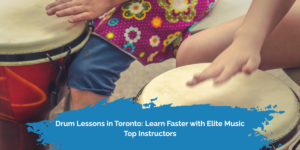Recording and producing music can be a very profitable endeavor. Last year, the global recorded music industry raked in $21.5 bn (C$28.44 bn), with Statista noting that $11.9 bn (C$15.74 bn) or 56% of those profits came from streaming alone. This shows how the music industry is growing rapidly and how there is now more access than ever before. If you’re an amateur recording artist who wants to dip their toes into the waters of professional recording, here are some of the most common mistakes you should avoid.
Not Using the Right Microphone
You don’t need to be a sound engineer to figure out that when it comes to recording and producing music professionally, your laptop or phone’s microphone simply won’t do. Likewise, you don’t need to have extensive recording experience or be backed by a rich record label to be able to afford and use today’s professional entry-level mics. Apart from being affordable, the Blue Yeti Nano comes with USB capabilities which makes it a plug-and-play mic whether you’re using Mac or Windows. While a cardioid condenser microphone of this type will still set you back around $100 (C$132.28), think of it as an investment for your recording career. For a singer or an acoustic instrumentalist, there’s no better piece of studio equipment to invest in than an entry-level professional microphone.
Neglecting Studio Acoustics
Next to finding and using the right mic, another thing that beginner-recording artists tend to neglect is the acoustics of their home studio. Music Radar’s 13-step guide to studio acoustics notes how acoustic treatment includes taking measurements of your recording space. You can then use this data to find the right size for sound absorption/reflection panels, as well as measure the acoustic levels in the room. Thanks to the internet, there’s no shortage of free or affordable online resources to help you in this endeavor. The more you care about the fundamentals of home studio acoustics, the better you can record your intended sound.
Overusing Effects
Auto tune, reverb, and other effects and filters can all be used to enhance your sound and style. Given the widespread availability of these effects through both analog and digital means, it can be easy to get caught up in overusing effects to sound unique and to stand out from among the thousands of beginner-recording musicians releasing tracks today. The challenge is in finding the balance between your raw voice and the sound you want to achieve using effects. As a beginner, it would also be more prudent to record dry instead of wet – record your raw voice or instrument and then apply the effects in post production later. That way, you can better ascertain whether or not your tracks are overproduced and adjust accordingly.
Neglecting Digital Mastering
Mastering audio is a skill that every beginner-recording artist needs to develop. Nowadays, recording software like Cubase LE can make this process a lot easier for newbies and veterans alike. While it can be tempting to leave the mastering to the pros or someone you can pay to do it for you, knowing how to edit and master your tracks is a skill that can only help your recording career as well as your musical creativity in the long run. You can learn to do this through lots of practice, or make the learning process easier by joining our Collaborative Beatmaking Course.
Recording music is a fun challenge that can start your journey towards earning a living as a musician. Use the best equipment that’s available to you, soundproof and fine-tune your home studio’s acoustics, and learn to master your tracks and use effects to the betterment of your sound. While the above steps alone are not enough to ensure success in the music business, they can certainly pave your path towards being a pro recording artist.
Specially written for elitemusic.ca By: Risica Joule
Common Recording Mistakes for Beginners





